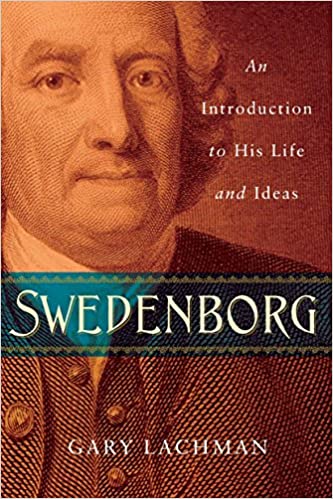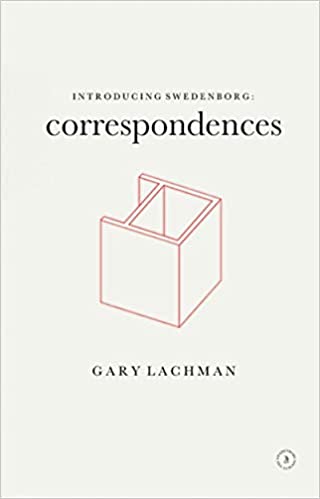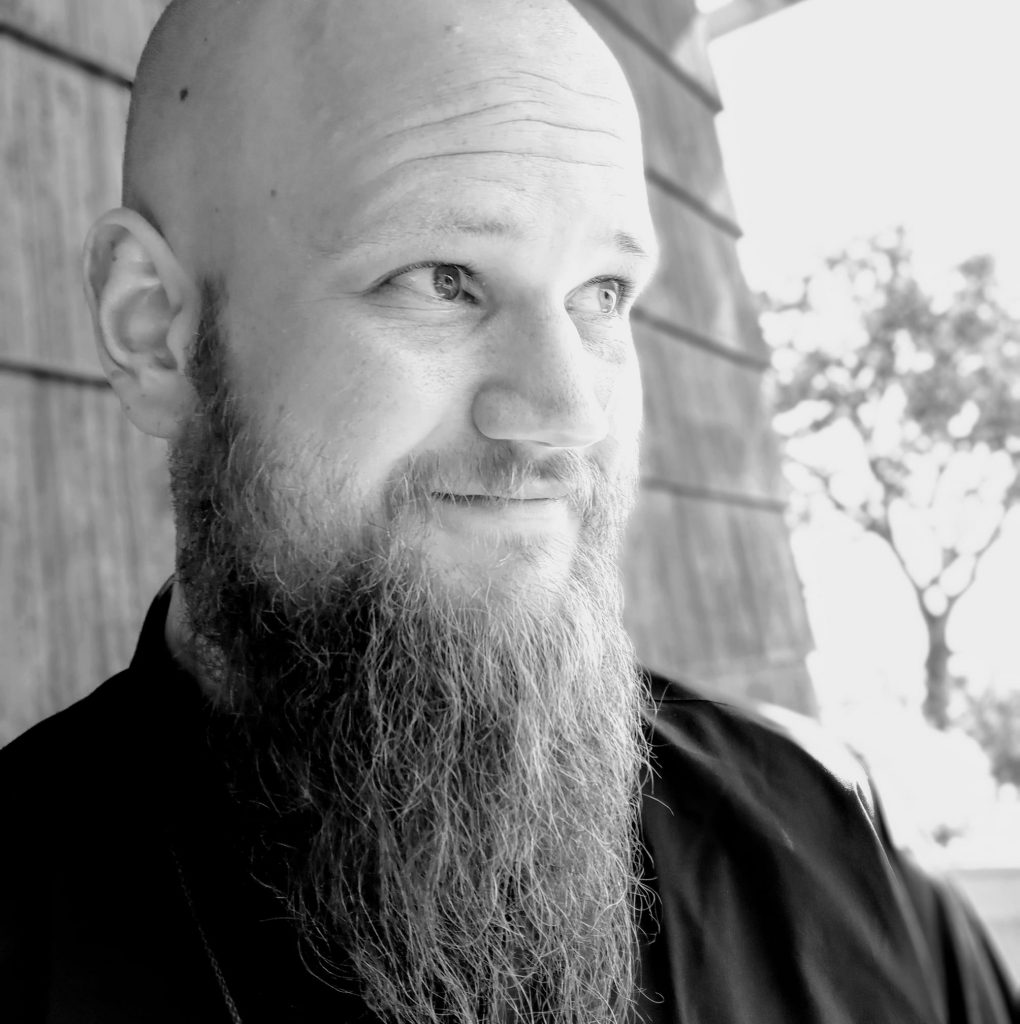by Rev. Thom Muller

At this year’s (virtual) Annual Convention of the Swedenborgian Church of North America, we will have the special privilege of welcoming best-selling author Gary Lachman as our keynote speaker on June 26 at 12:30pm EST. This is a major opportunity to hear directly from the man who has been one of the most prominent voices in popular discourse around esoteric and alternative spirituality, and who likely has single-handedly introduced the teachings of Emanuel Swedenborg to a larger audience than any other contemporary writer.
I first encountered Lachman’s work through the Swedenborg Society in England, with whom the “Londoner by choice” has worked extensively over the years. His book Swedenborg: An Introduction to His Life and Ideas has since become my go-to recommendation for a readable, approachable, and critical introduction to the old Swede, alongside Wilson Van Dusen’s The Presence of Other Worlds: The Psychological and Spiritual Findings of Emanuel Swedenborg and it has a prominent place on our church booktable.
There is something unique and down-to-earth about Lachman’s writing. His work on Hermes Trismagistus, Swedenborg, Blavatsky, Steiner, and Crowley are excellent examples of this, as is his 2015 work Secret Teachers of the Western World. Lachman approaches these fascinating and controversial characters with a spirit of what I would call “sympathetic skepticism”. While his academic knowledge of the Western Esoteric Tradition, and the writings of Swedenborg, is immense, he neither takes a dry academic approach, nor does he write as an apologist for Swedenborg or any of the other figures mentioned above. In a way, his writing reminds me of a kind of “spiritual/intellectual investigative journalism”. The Rock and Roll Hall of Fame-er (yes, really, he was a member of Blondie) invites us to come along on his quest as he curiously, respectfully, honestly and yet critically explores the inner traditions and their various voices, and has done the appropriate research, and digested and articulated it in a sophisticated and yet relatable, even intimate way. An invaluable resource for sincere seekers exploring this rich realm of spirituality.

I do get the impression, after having read many of his excellent books, that our of all the teachers Lachman explores, Swedenborg appears to have most deeply influenced him.. This is evident not only in his particular interest in Swedenborg, who, compared to the other major figures he writes on, has often been ignored by scholars and authors, particularly in the 201st century. When comparing his book on Swedenborg to his other works, I seem to detect a very genuine and immense appreciation of and affection for his teachings. Thanks to Lachman, you can walk into Barnes and Noble or any major bookstore with a decent selection on spirituality and metaphysics, and pick up an excellent paperback which offers a succinct and amazingly comprehensive and theologically solid overview of Swedenborg’s life and teachings.
Alternative and esoteric spirituality has been by far the realm of though, ideas, and practice which has been most deeply influenced by Swedenborg. Christian theologians tend not to have much use for him, and he never caught on as a major figure in exoteric Western religion and theology as a whole. I believe it is appropriate to assume that the largest readership of Swedenborg outside of “card-carrying Swedenborgians” who are affiliated with the different groups and movements which hold him as their core inspiration, has been seekers in the realm of inner spirituality. I myself was first immersed into Swedenborg not by Swedenborgians or major theological or philosophical publications, but through my study of Western Esotericism and comparative mysticism (the first major article on him which I read came from the front page of the German Theosophical Society’s website), where the name Swedenborg is absolutely unavoidable.

Lachman’s latest work on Swedenborg, which will be a focus of his remarks at Convention, explores the concept which is both central to Swedenborgian theology, and perhaps one of the most difficult to understand ideas which permeate his writings, the concept of “Correspondences”. Introducing Swedenborg: Correspondences is available through the Swedenborg Foundation by means of its British equivalent, the Swedenborg Society. Once again, Lachman offers a uniquely clear, comprehensive, knowledgable and articulate overview of this central theme in Swedenborg’s work in ways which are not only bound to catch the interest of seekers and new-comers, but are sure to offer perspective and insight to long-time readers.
A major issue in Swedenborgian history, as in so many alternative and mystical movements, has been how insular the discourse on “the Writings” has been. The Center for Swedenborgian Studies at the Graduate Theological Union in Berkeley, CA is a notable exception, where Swedenborgian scholars and students have been in direct dialogue with the world’s faith traditions in an interreligious environment. Lachman stands out as a writer who introduces Swedenborg in the broader context of the Western Esoteric Tradition, rather than simply presenting his works by themselves. Swedenborgian scholars have long pointed out the direct connection to the Kabbalah, Hermeticism, Alchemy, and other systems of inner spirituality, as well as his immense influence on the subsequent history of alternative spirituality, including Spiritualism, Theosophy, Anthroposophy, New Thought etc. In a day where interest in mainstream spirituality is arguably at an all-time-low in the United States and Europe, Lachman has ensured that Swedenborg has a seat at the table in the exploration of Western Esotericism, which continues to fascinate spiritual seekers.
To register for Convention (free of charge!) including Gary Lachman’s live address, please visit http://www.swedenborg.org/convention2021

Rev. Thom Muller is pastor of Hillside, an Urban Sanctuary, in El Cerrito, California, as well as senior editor of Our Daily Bread. His passions include the intersection of spirituality and psychology, interfaith theology, and the Western esoteric tradition.
A native of Germany, Rev. Muller was ordained into the ministry of the Swedenborgian Church of North America in 2016, upon receiving his theological education at Bryn Athyn College of the New Church and the Center for Swedenborgian Studies / Pacific School of Religion at the Graduate Theological Union in Berkeley, CA.